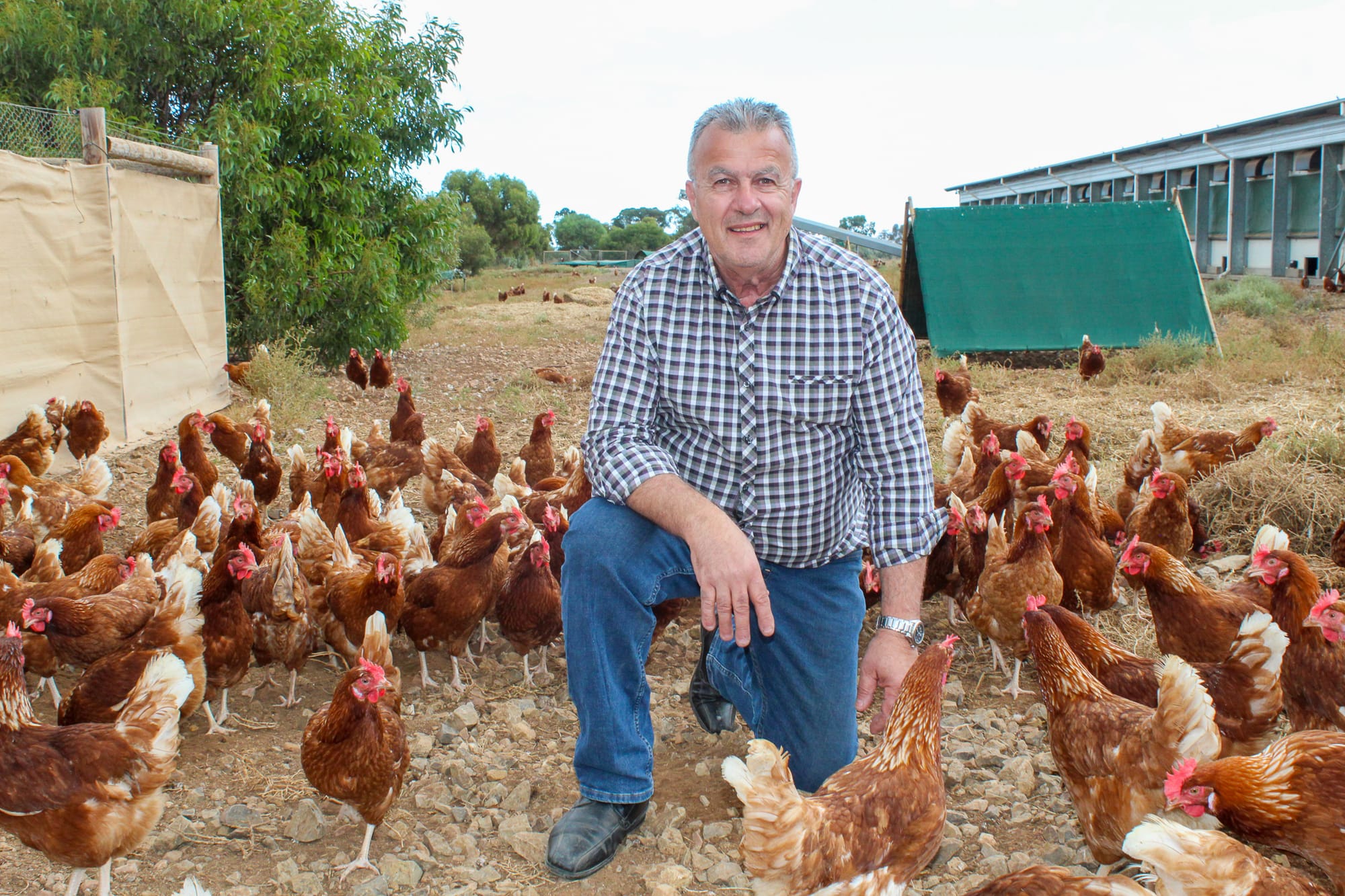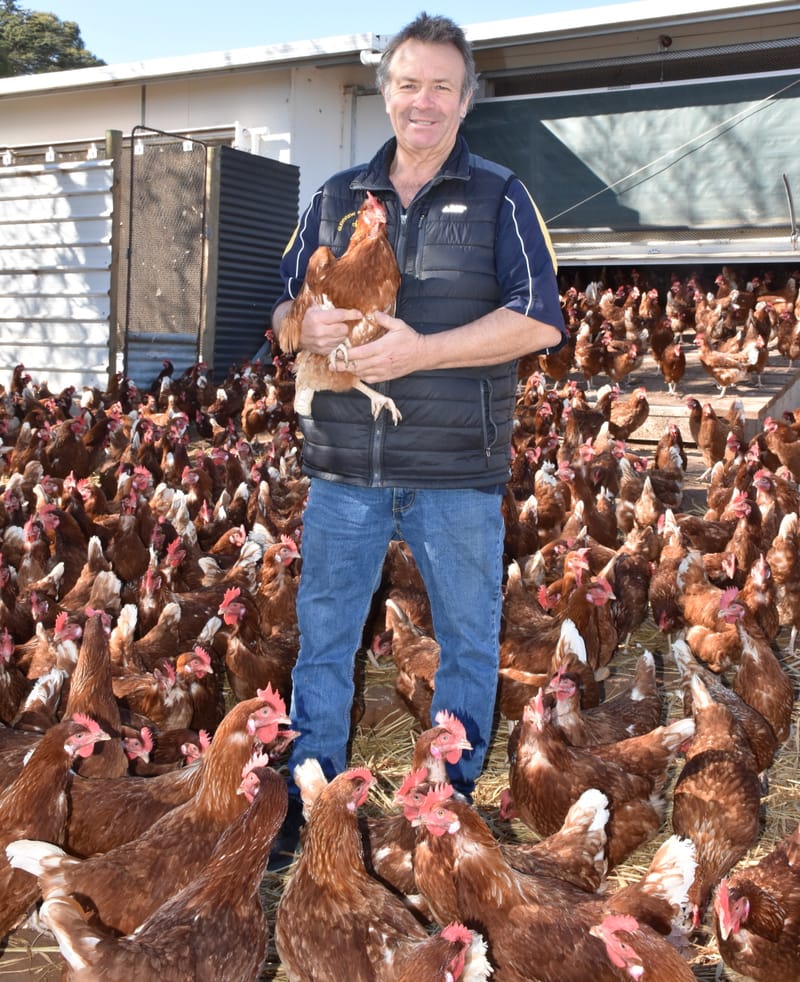Dawn of sustainable Day for egg industry
DION (pictured) and Anne Andary pride themselves on their sustainable egg production farm Days Eggs at Lower Light, labelling it as being innovative. Out of the 15-odd commercial egg farms across the state, the husband-and-wife business partners...




